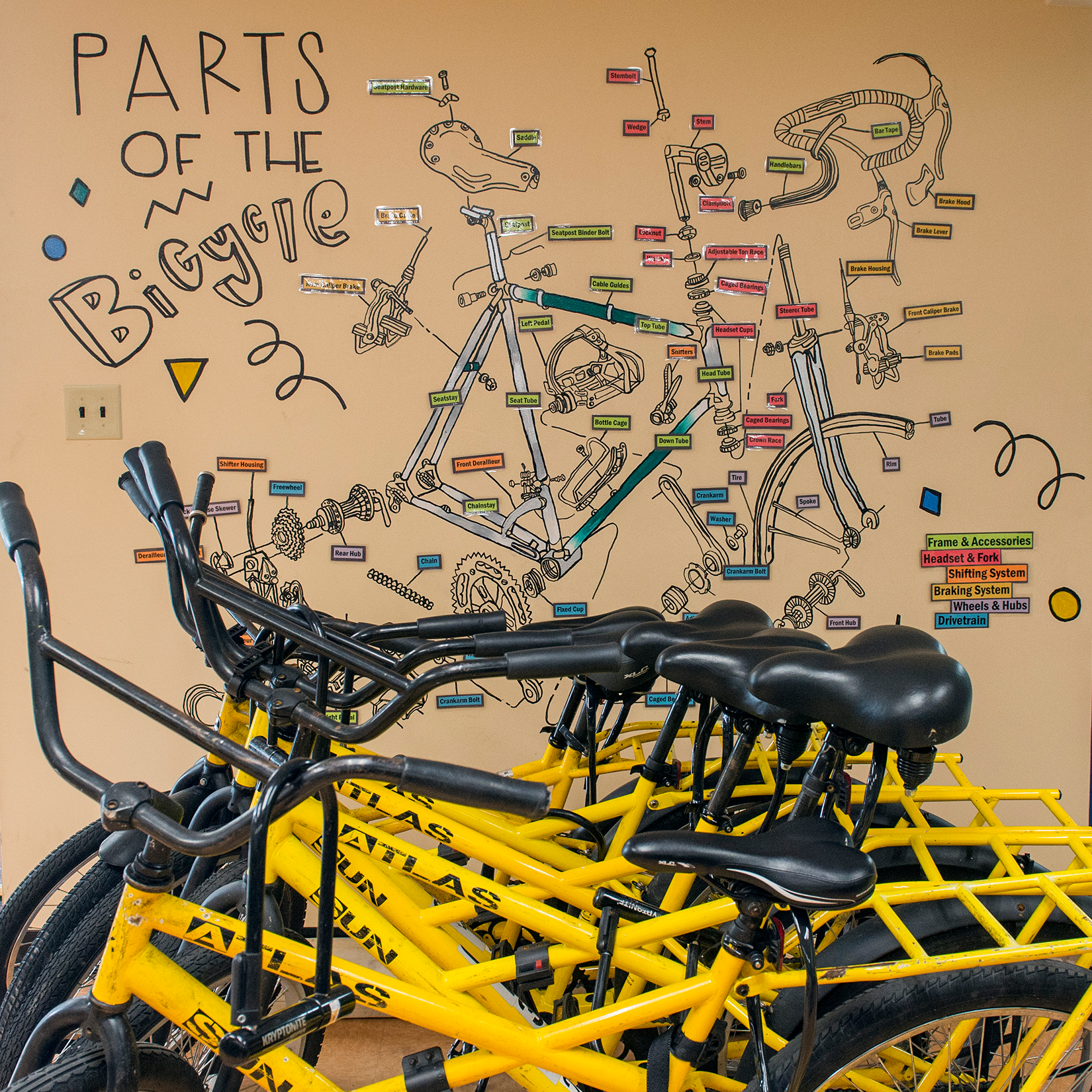
A roadmap for achieving meaningful and impactful environmental sustainability goals at VCU and VCU Health
The United Nations World Commission on Environment and Development defines sustainability as “the ability to serve the needs of the present without compromising the ability of future generations to meet their own needs.” As an institution known for shaping and impacting health, Virginia Commonwealth University’s (VCU) leadership in sustainability affects not only the natural environment but human health, health equity, and economic vitality.
The One VCU Sustainability Plan, a first-of-its-kind plan for VCU, is designed to embed sustainability into the One VCU culture at both the university and health system; leverage resources to restore and protect the natural environment for our students, patients, employees and community; and advance sustainability in education, research and healthcare. It identifies a path forward for VCU and VCU Health to interconnect complex issues in order to sustainably deliver on its mission as well as support the well-being of future generations.
The One VCU Sustainability Plan reflects VCU’s aspiration and recognizes the scale of these challenges – building upon a wide range of efforts that are already underway.
We want to hear from you!
While the One VCU Sustainability Plan has been published, we will continue to seek feedback about how the university and health system can continue to prioritize sustainable action in operations, administration, research and academics.
Contact us at sustain@vcu.edu.
News
VCU establishes School of Life Sciences and Sustainability
March 24, 2025
Emphasizing solutions-focused faculty collaboration and student learning, the new school in the College of Humanities and Sciences will combine VCU Life Sciences and the Department of Biology. Read more.
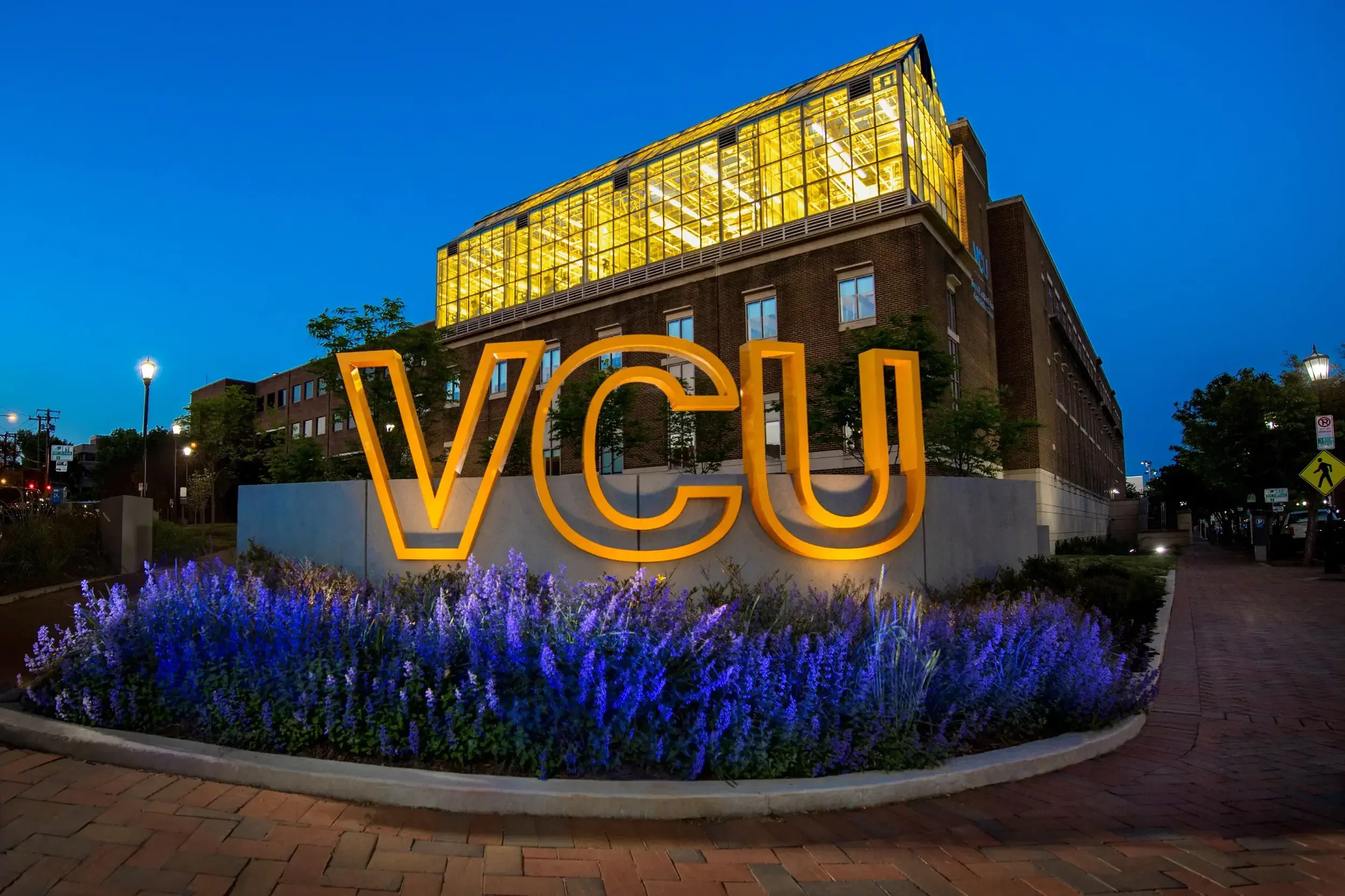

Ram Fridges are giving new life to leftovers
February 27, 2025
More than one-third of all available food in the U.S. goes unconsumed through loss or waste, according to the Department of Agriculture. A team at Virginia Commonwealth University is working to reverse that trend on the Monroe Park Campus, one meal at a time. Read more.
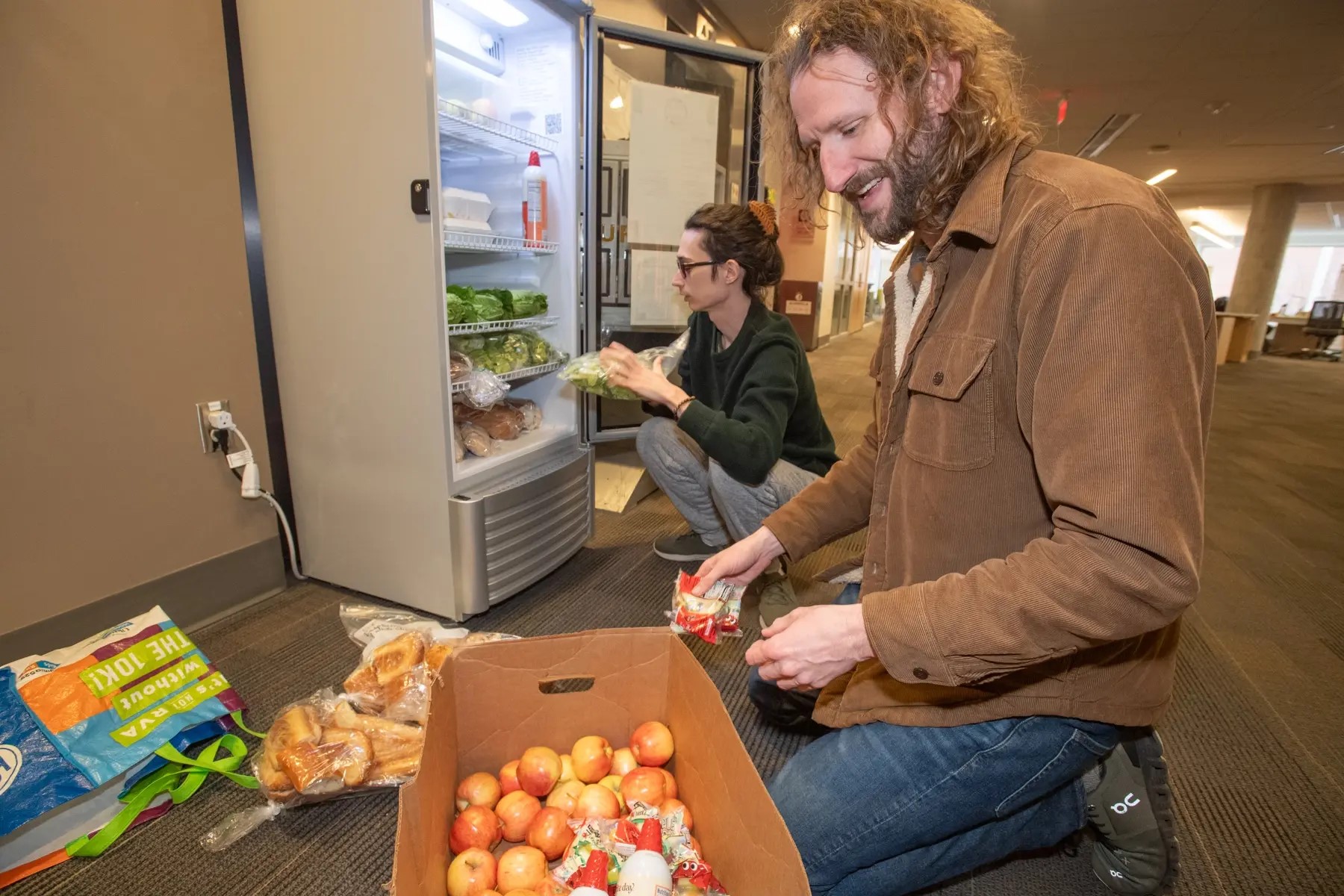

VCU again receives top rating for sustainability as comprehensive schoolwide initiative takes hold
December 10, 2024
In recognition of its sustainability achievements, VCU has again earned a STARS Gold rating from the AASHE. The reaffirmation of the university’s gold rating comes as VCU begins implementation of the first-ever ONE VCU Sustainability Plan. Read more.
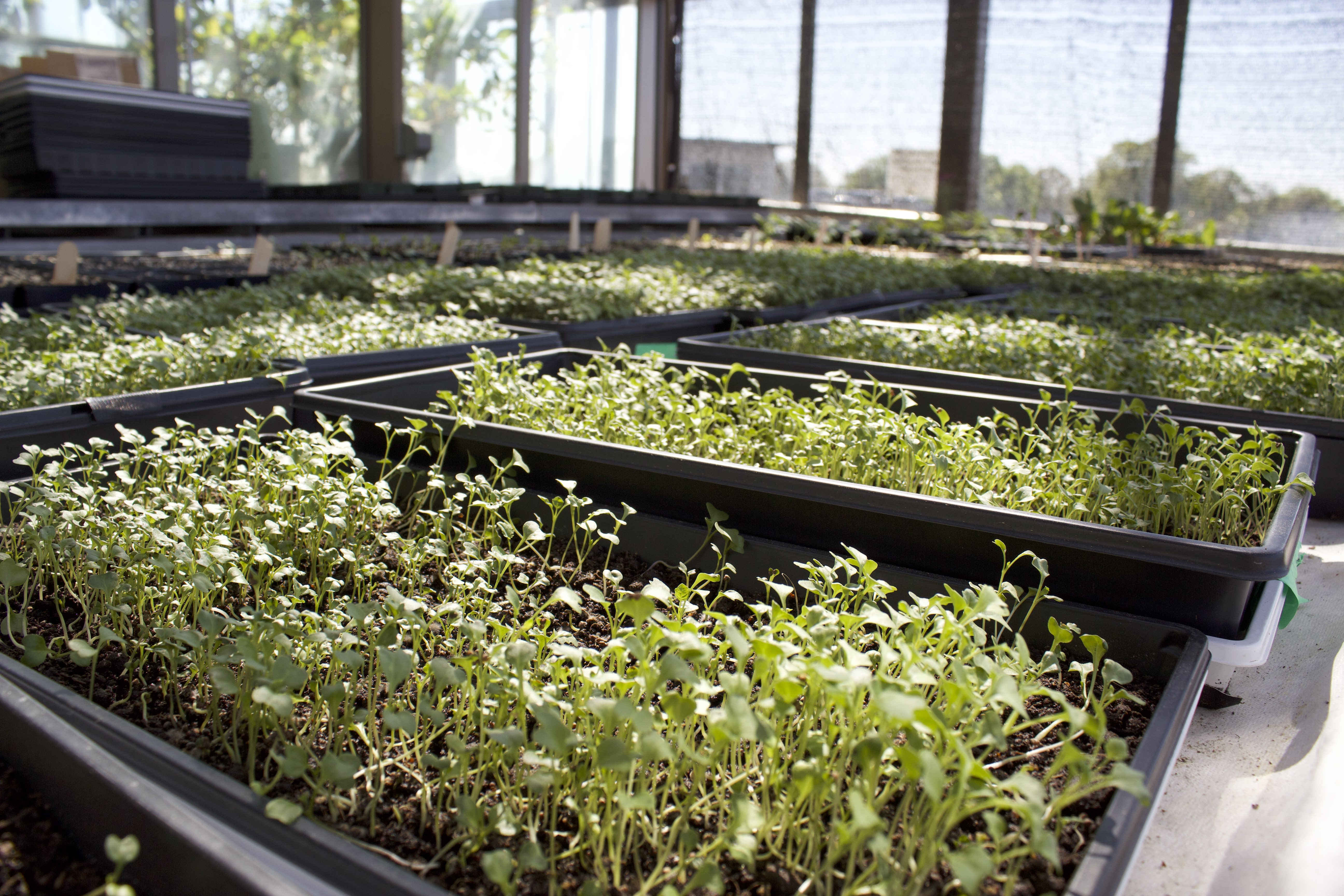

Current sustainability achievements and initiatives
STARS Gold Rating
In November 2024, VCU earned a STARS Gold Rating from the Association for the Advancement of Sustainability in Higher Education. STARS measures sustainability achievements in academics, engagement, operations, planning and administration, and innovation and leadership.
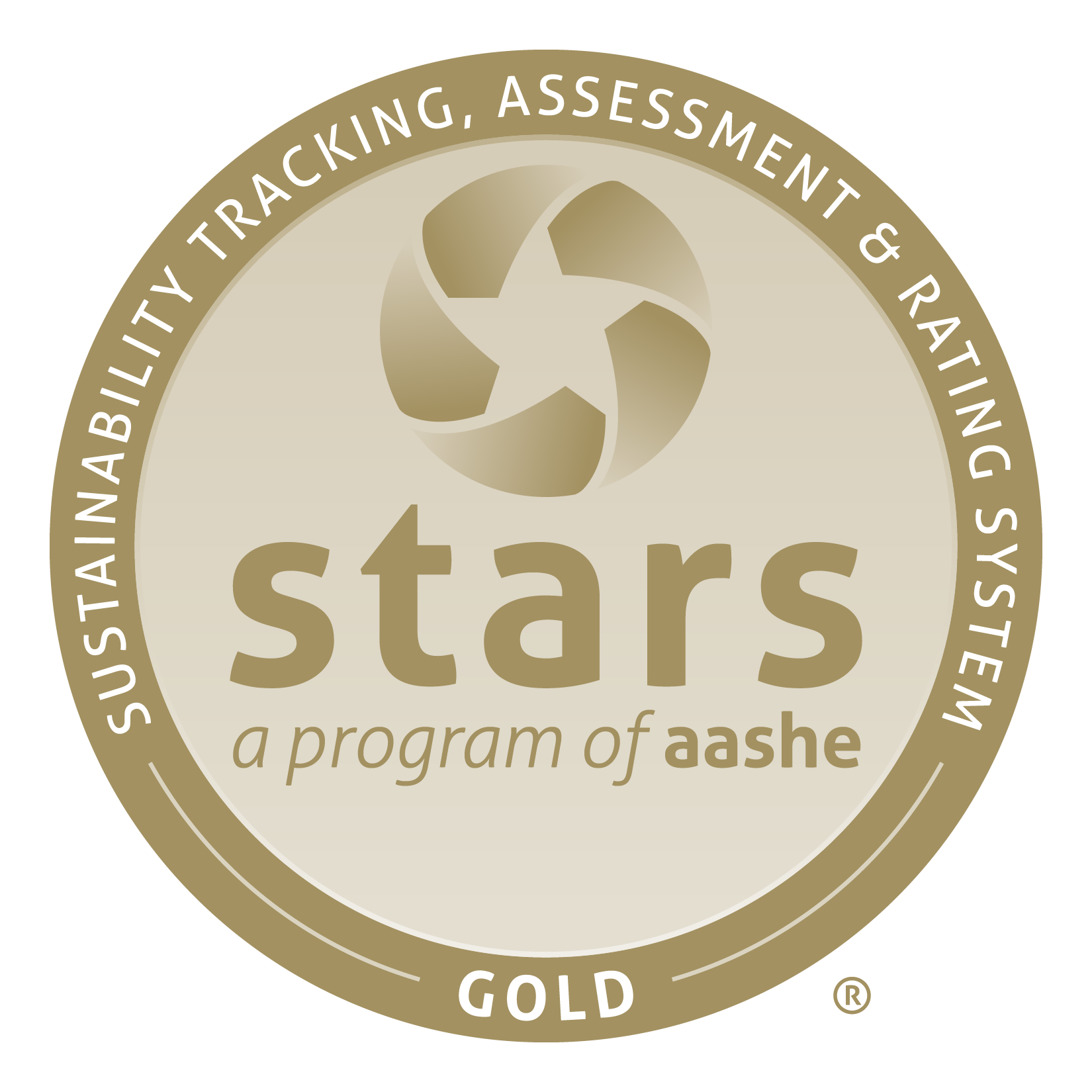

24 LEED certified buildings
VCU and VCU Health have 24 LEED certified buildings, an independent verification of a building’s green features, allowing for the design, construction, operations and maintenance of resource-efficient, high-performing, healthy and cost-effective buildings.
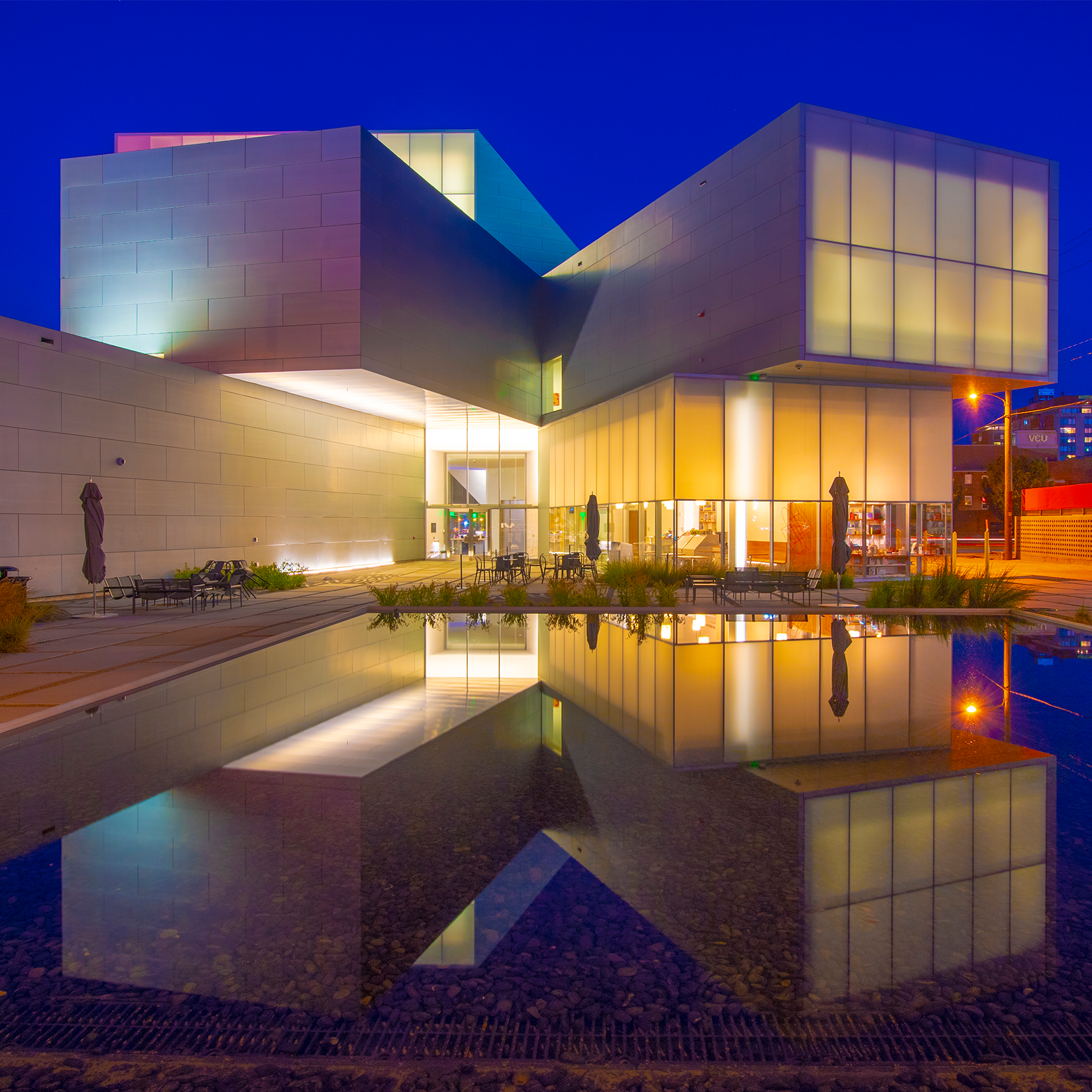

Alternative Transportation Program
The alternative transportation program is designed to reduce single-occupancy vehicles use on campus, decrease the demand for parking, and increase savings for students, employees and the environment. Highlights include RamBikes; unlimited local transportation access via GRTC; and more.
